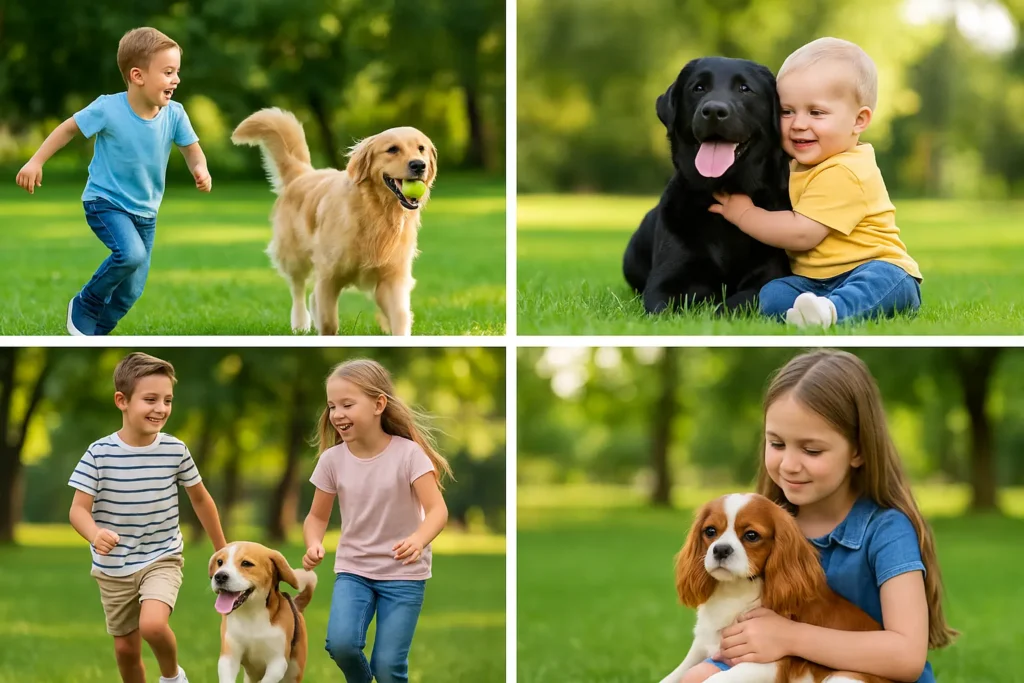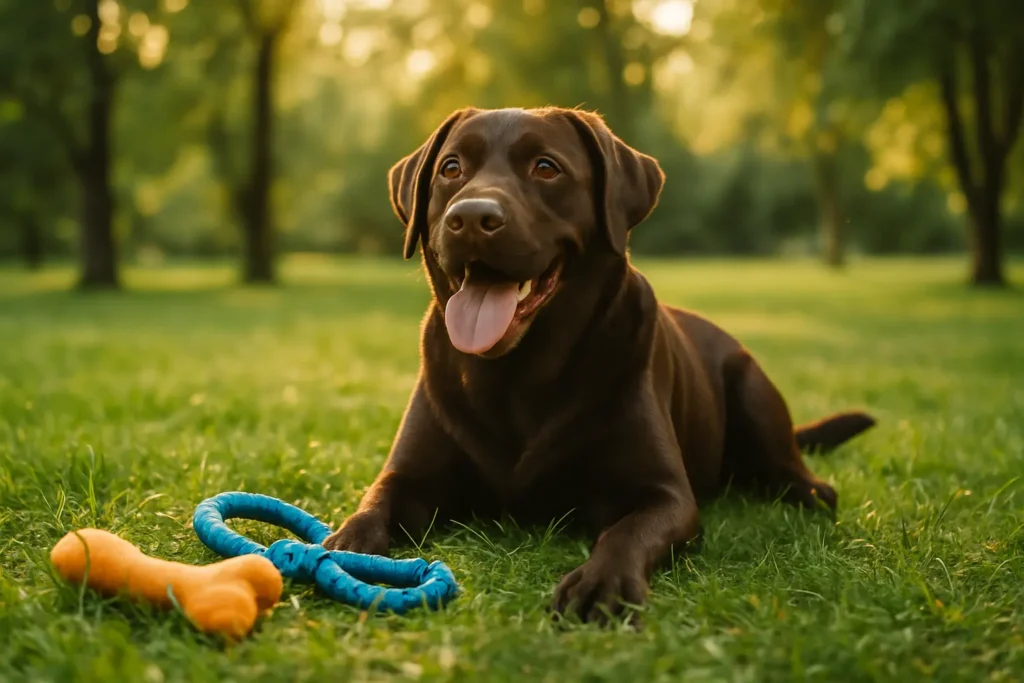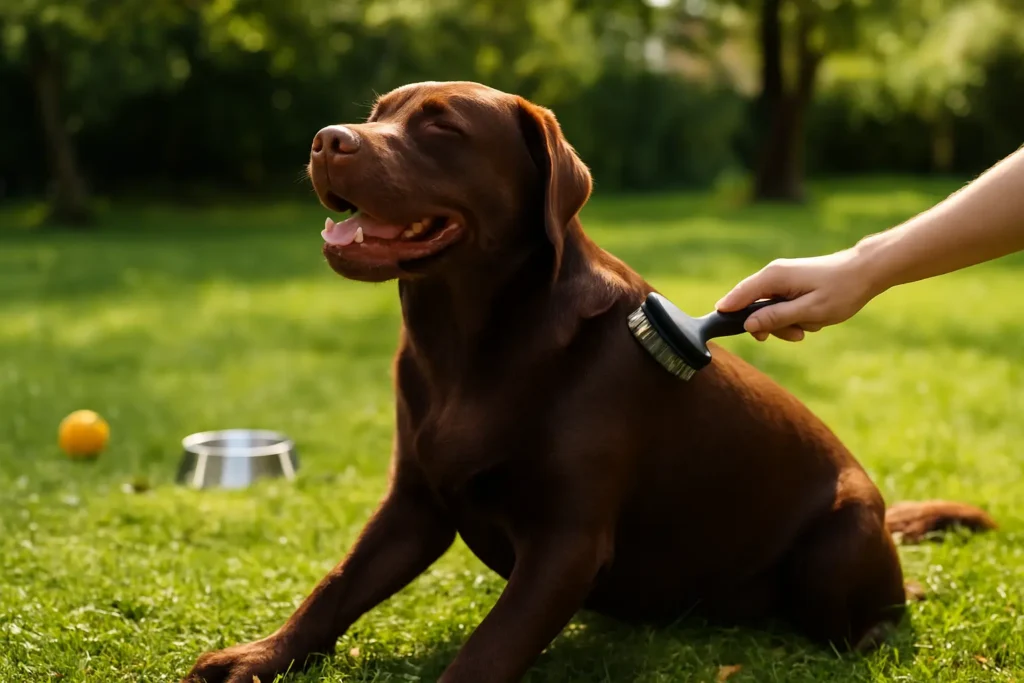Planning to welcome your first dog? I’ve been there…
When I brought home my first dog, I thought I was ready. I had a leash, a water bowl, and a Pinterest board full of dog treat recipes. What I didn’t realize? I’d also need patience, a good vacuum, and a crash course in canine psychology. Especially with a dog as intelligent and intense as a German Shepherd.
If you’ve been eyeing this majestic breed—those alert ears, the proud posture, the loyal eyes—you’re not alone. German Shepherds are one of the most popular dogs around, and for good reason. But the big question is: are they the right choice for someone who’s never owned a dog before?
That’s what we’re going to unpack here.
In this post, I’ll walk you through what it’s really like to live with a German Shepherd—as someone who’s done it. I’ll share the good (the loyalty is unmatched), the challenging (shedding, anyone?), and the “no one warned me about this” moments.
So whether you’re thinking about adopting, buying from a breeder, or just want to know if you and a German Shepherd are a match made in dog-parent heaven, this guide is for you.
Let’s dive in—with real stories, practical advice, and some muddy paw prints along the way.
Pros of Owning a German Shepherd
1. Loyalty Like No Other
The first thing you’ll hear from most German Shepherd owners? “They never leave your side.”
And it’s true. These dogs are famously loyal. From the moment they bond with you, you become their person. They’ll sit by the bathroom door, follow you around the kitchen, and wait quietly at your feet while you work. It’s endearing—sometimes a little intense—but always deeply heartwarming.
My Experience:
When my shepherd, Max, was just a pup, I couldn’t walk into the next room without hearing tiny paws behind me. At first, I worried I was spoiling him. But then I realized—this is just who they are. They’re pack animals. You are their pack.
If you want a dog that gives you space and lounges in another room all day, this isn’t it. But if you’ve ever wanted a loyal, loving shadow, you might have just found your perfect match.
2. Highly Intelligent and Easy to Train
If dogs had universities, German Shepherds would be the straight-A students.
They’re eager to learn, quick to understand commands, and love having a job. For a first-time owner, this intelligence can be a huge plus—especially if you’re willing to put in the time to teach them.
Real Talk:
When Max was about 4 months old, he had already learned basic commands like sit, stay, come, and shake. We even taught him to put away his toys. The catch? He needed structure and consistency. If we skipped training for a few days, he’d test boundaries—like choosing when to “stay” or jumping up when he was excited.
That’s the thing with smart dogs: if you don’t train them, they’ll train themselves—and not always in the way you’d want.
Tips for First-Timers:
- Keep sessions short (5–10 minutes), especially for puppies.
- Use positive reinforcement: treats, praise, or playtime.
- Make training a part of daily routine, not just a one-off activity.
- Be consistent with commands and rules.
Done right, training can be a fun bonding experience—not a chore.
3. Protective Yet Loving
One of the most beautiful traits of a German Shepherd is their natural protectiveness. They’re not aggressive by nature, but they are alert. Once bonded, your dog will watch over your home, your family, and even your guests (after proper introductions, of course).
When Max was about a year old, a delivery driver walked up to our gate. Max didn’t bark aggressively, but he stood tall, completely still, and stared the man down. No growl. No leap. Just calm confidence.
That’s what makes them such excellent companions for people who live alone or families who want a dog that’s loving and also looks out for them.
A Word of Caution:
This protectiveness needs early socialization. Without it, a German Shepherd might become overly wary of strangers or other pets. It’s not fair to them—and can lead to behavior problems.
So make sure to:
- Introduce them to different people, places, and pets.
- Start early—between 8–16 weeks is ideal.
- Keep it positive: treats, praise, play.
4. They Get You Moving—in the Best Way
Before Max came into my life, my idea of a walk was grabbing the mail or strolling to the corner store. But owning a German Shepherd changed that quickly—and honestly, for the better.
These dogs have high energy needs. They were bred to work, herd, patrol, and assist. Which means if you’re looking for a couch potato, this isn’t your breed. But if you’re ready to move more, get outside, and enjoy nature a little extra every day, a German Shepherd is the best kind of fitness partner.
My New Routine:
I started with two 20-minute walks a day. Before I knew it, Max and I were hitting local trails, jogging at sunrise, and ending the day with fetch in the backyard. He needed it—and so did I. It didn’t just help him burn energy. It helped me decompress after long days.
Why This Matters for First-Time Owners:
- These dogs do best with at least 60–90 minutes of daily exercise.
- Without it, they may become bored, anxious, or even destructive.
- Exercise is more than movement—it’s bonding time.
If you’re the kind of person who needs a reason to get moving, a German Shepherd will give you one every single day.
5. They Can Be Great Family Dogs (with Guidance)
One of the most common questions I get is: “Are German Shepherds good around kids?”
The answer? Yes—with proper training and early exposure.
German Shepherds are deeply loyal and incredibly gentle when raised in a loving, structured home. They love routines, thrive when included in family activities, and can be both playmate and protector.
A Quick Story:
My niece was nervous the first time she met Max. He was big, and she was five. But with a few supervised visits, treats in her hand, and Max’s tail wagging gently every time she approached, they became inseparable. Now she tells everyone, “Max is my best buddy.”
Tips for Introducing Them to Families:
- Socialize early and often.
- Always supervise young kids and dogs together.
- Teach kids to respect boundaries—no tail-pulling or rough play.
- Create calm, controlled introductions with other pets.
If you’re looking for a dog who grows with your family, protects your home, and loves being part of the pack, a German Shepherd for beginners—with training—is a solid choice.
Cons of Owning a German Shepherd
1. Their Energy Can Be Overwhelming (If You’re Not Prepared)
When people ask, “Are German Shepherds good for first-time dog owners?” this is the first thing I mention.
German Shepherds have endless energy—especially as puppies and adolescents. And unlike some breeds, they don’t really “grow out of it.” They just channel it better (if you train them right).
Real-Life: First Walk Disaster
When I took Max on our first neighborhood walk, I thought a 20-minute loop would do the trick. Ten minutes in, he was pulling like a freight train, barking at birds, and doing zoomies the second we got home. I was sweating. He looked thrilled. I wasn’t.
That was the day I realized a bored German Shepherd is chaos on four legs.
What to Do Instead:
- Plan structured walks—let them sniff, explore, but keep control.
- Add mental work: obedience drills, find-it games, or puzzle feeders.
- Hire a dog walker or try doggy daycare if you’re away for long hours.
If you live a sedentary lifestyle or have limited mobility, this may not be the best first-time breed for you.
2. They’re Not Great in Tight Spaces
German Shepherds are big dogs—in body, mind, and movement. They’re not hyper indoors, but they do need room to stretch, play, and patrol their surroundings. In small apartments, they can feel cramped, restless, or overly alert.
Why Space Matters:
- They pace naturally, especially near windows or doors.
- They need yard time or safe access to outdoor walks.
- Tight quarters can amplify behavioral issues like barking or reactivity.
My Advice:
If you’re in an apartment, be prepared to:
- Commit to multiple long walks daily
- Use indoor training and interactive toys to stimulate them
- Choose quieter, dog-friendly neighborhoods (if possible)
You can make it work—but it takes effort and planning.
3. Training Is Ongoing—Not Optional
German Shepherds are smart, yes—but that doesn’t mean they’re easy. They test you. They try to lead. And if you’re inconsistent, they’ll quickly decide they’re in charge.
Story Time:
When Max turned one, he hit what I now call “doggy teenager mode.” Suddenly, he stopped responding to “come” and would stare at me like, “Make me.” I had to go back to basics: treats, short sessions, leash work indoors—every day for a week.
It worked. But only because I was committed.
First-Time Owner Tip:
- Start with puppy classes as early as 10–12 weeks.
- Keep practicing commands even after they “learn” them.
- Don’t be afraid to hire a trainer—it’s not failure, it’s investment.
If you’re not ready to lead, a German Shepherd will take the job.
4. Grooming & Shedding Is Real—and Daily
Let me be honest: if you’re the kind of person who likes a pristine couch, lint-free clothes, or dark jeans… a German Shepherd will test your patience.
These dogs shed a lot. Year-round. Then twice a year, they blow their undercoat like a fur snowstorm. You’ll find it in your coffee, on your keyboard, and inside your shoes. It’s not a dealbreaker—but it’s something first-time owners often don’t expect.
Max’s Hair Chronicles:
I remember once vacuuming, then brushing Max, then vacuuming again—and somehow, there was still fur floating like tumbleweed under the table. At that point, I stopped fighting it and invested in a robot vacuum. Best decision ever.
Grooming Essentials:
- Brush 3–4 times a week minimum; daily during coat blows
- Use de-shedding tools like the Furminator
- Bathe every 6–8 weeks with a gentle, dog-safe shampoo
- Trim nails and check ears regularly
Tip: Make grooming a bonding session—not a battle. Treats help!
5. They Can Be Emotionally Intense
One of the most beautiful—and challenging—parts of owning a German Shepherd is how deeply they connect with you. These aren’t dogs who do “independent.” They don’t just like being near you—they need it.
Separation Anxiety Is Common:
If left alone for too long, they may bark, dig, chew, or stress themselves out pacing near the door. It’s not bad behavior—it’s heartbreak.
What Helped Max:
- Gradual alone-time training (starting with 10 minutes and building up)
- Leaving on calming music
- Frozen treat toys (like peanut butter-filled Kongs)
- Crate training as a safe space
First-time owners need to be honest here:
If your work/life balance means you’re gone 9–10 hours every day, a German Shepherd may not be the right first dog for you.
Is a German Shepherd Right for You?
If you’re serious about choosing this breed, make sure to read our full guide on the 10 Things You Should Know Before Getting a German Shepherd
By now, you’re probably seeing both sides.
German Shepherds are fiercely loyal, incredibly smart, and endlessly loving. But they’re also high-energy, emotionally complex, and need structure, space, and time.
Here’s a quick reality check:
- Do you have time daily for exercise, training, and bonding?
- Can you handle shedding and grooming routines?
- Will you commit to early socialization and positive reinforcement?
- Are you ready to lead—not just love—a dog?
If your answers are yes, then yes—German Shepherds can be great for first-time dog owners. But only for those who are ready to grow alongside their dog.
Final Thoughts: My First German Shepherd Changed Everything
When I first met Max, I had no idea what I was doing. I overfed him. I under-exercised him. I let him sleep on my couch (okay, he still does). But I learned. Day by day. Bark by bark. Muddy pawprint by muddy pawprint.
And what did I gain? It wasn’t just a dog. It was a best friend. A protector. A reminder to go outside, to slow down, to lead with love.
So, are German Shepherds good for first-time dog owners?
Yes—if you’re ready to listen, to lead, and to learn.
They will challenge you. They’ll test your patience. But they’ll also fill your home with loyalty, pride, laughter, and purpose.
If you’re standing at the edge of this decision, I say—step forward, but with your eyes open and your heart ready.
Free Note: “First-Time German Shepherd Owner Checklist”
Want a simple guide to prepare before your new pup arrives?
Check our printable checklist to make sure you’ve got:
- Training tools
- Exercise routines
- Grooming supplies
- Socialization tips
- Feeding schedule templates
Check out the German Shepherd New Owner Checklist: Everything You Need to Prepare
Your Turn
Have you welcomed a German Shepherd into your life? Are you still deciding?
Share your story, your questions, or your first-time dog owner wins in the comments below. I’d love to hear from you—and so would others walking the same path.
Until then, give your future dog a scratch behind the ears from me.
You’re not just choosing a breed—you’re choosing a bond.




